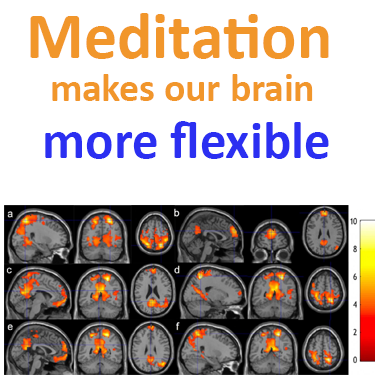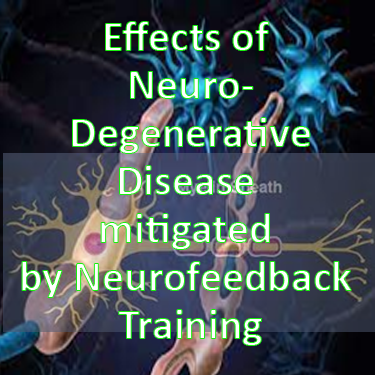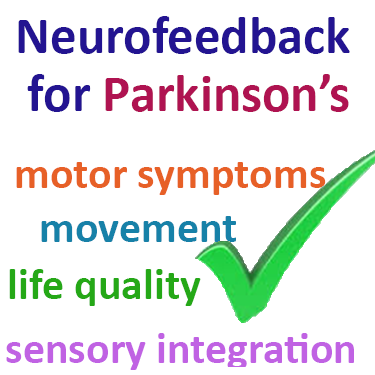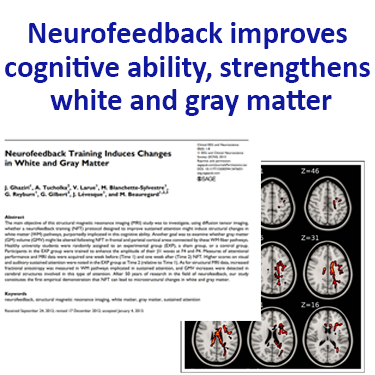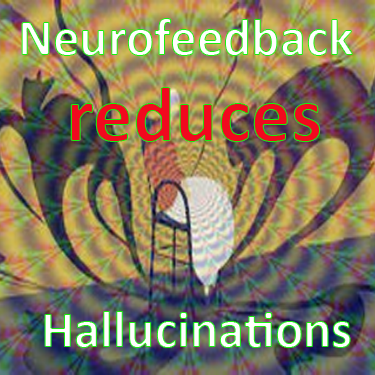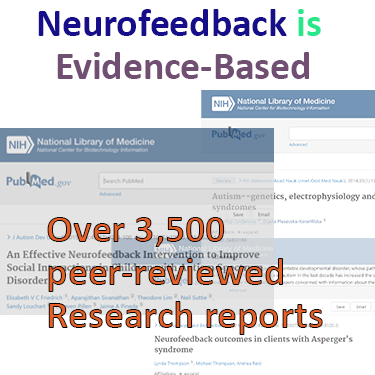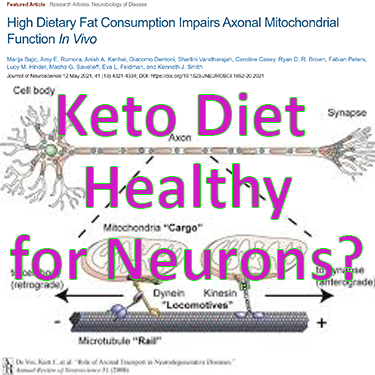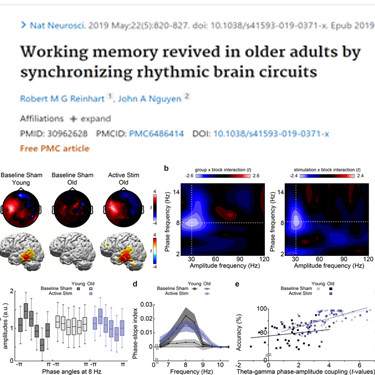Category: Uncategorized
Neurofeedback Explained
Neurofeedback and Schizophrenia
The Science of Compassion
Is the Keto Diet bad for Neurons?
A small pilot study has indicated that neurofeedback – where patients concentrate on modifying their own brainwave patterns – has potential to treat many of the 100m people worldwide who suffer from Treatment-Resistant Depression (TRD). This is the first time that neurofeedback has been shown to improve both individual symptoms and overall recovery in TRD.
According to the World Health Organization, “Depression is the leading cause of disability worldwide”, with over 300m people suffering globally. There are treatments for depression, but up to a third of people don’t respond to treatment, even after trying different antidepressants. This is Treatment-resistant depression (TRD). For these patients, there are limited options.
Now a new pilot study from Korea indicates that neurofeedback may be offer a viable treatment to patients suffering from TRD, if used with antidepressants. Working with 12 patients with TRD and 12 controls, the researchers put patients through 12 weeks regular training sessions, where the patients learned how to vary their brainwaves in response to audio and visual signals.
